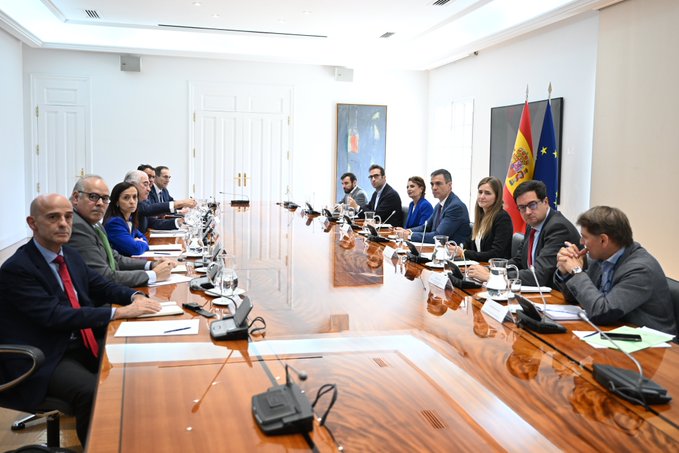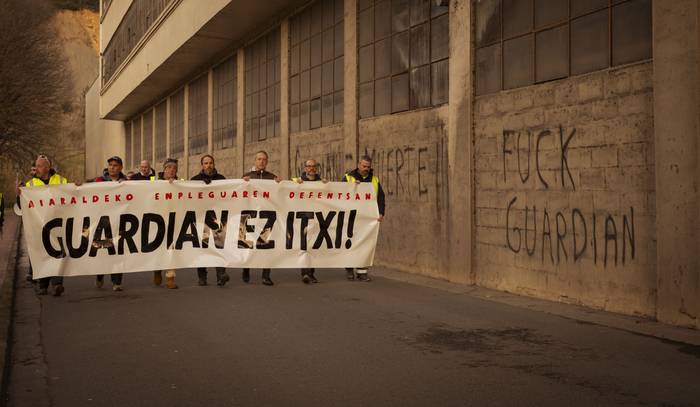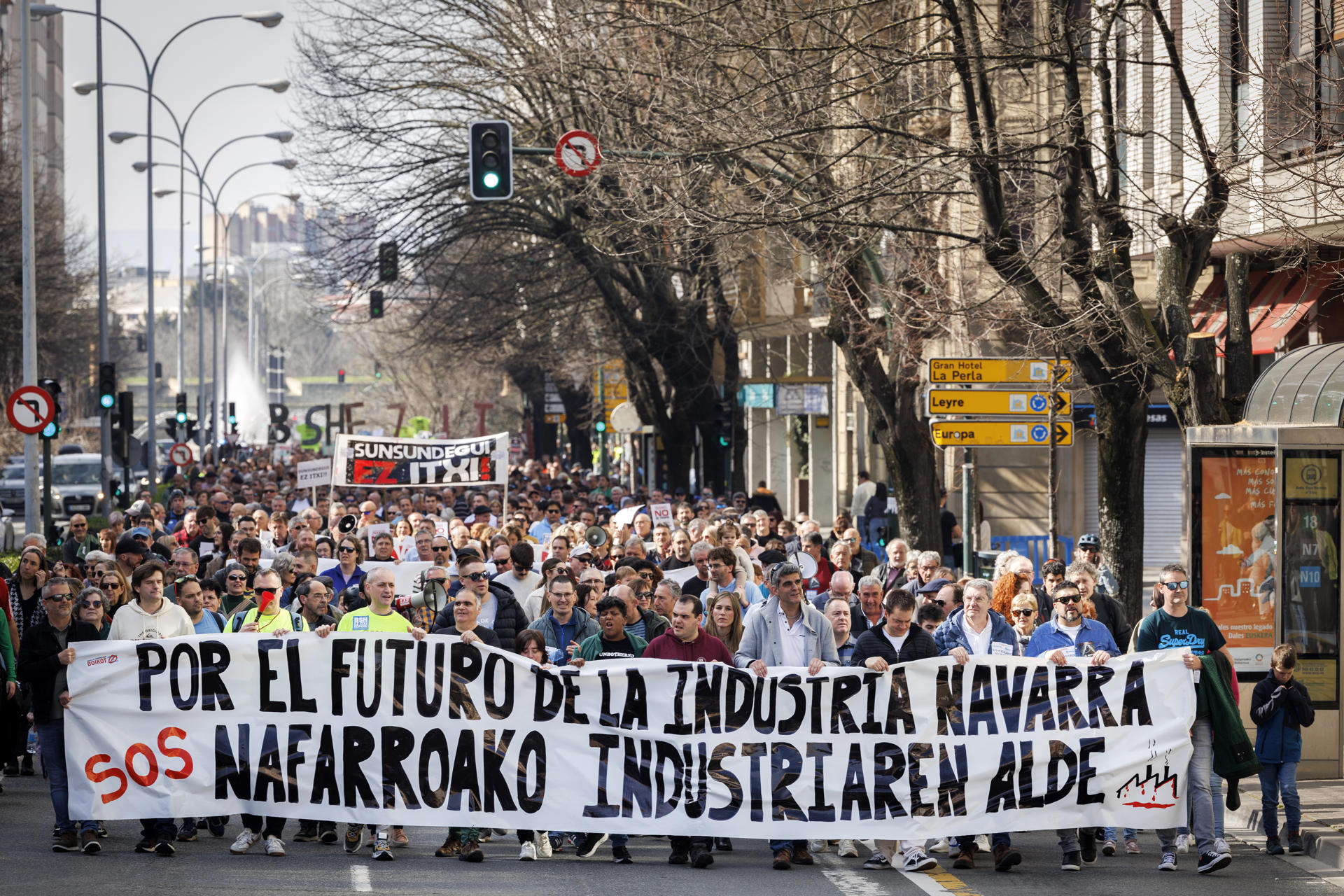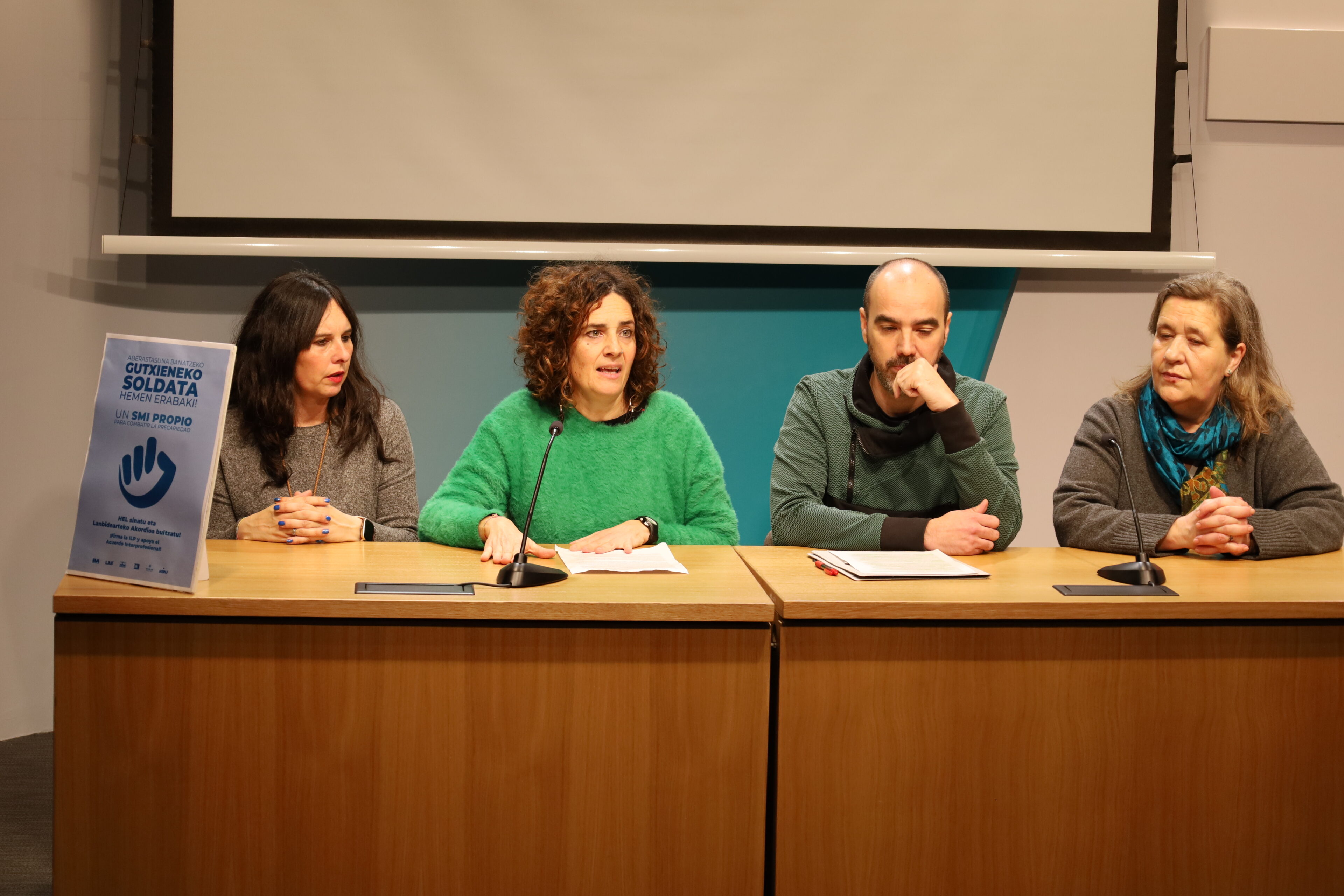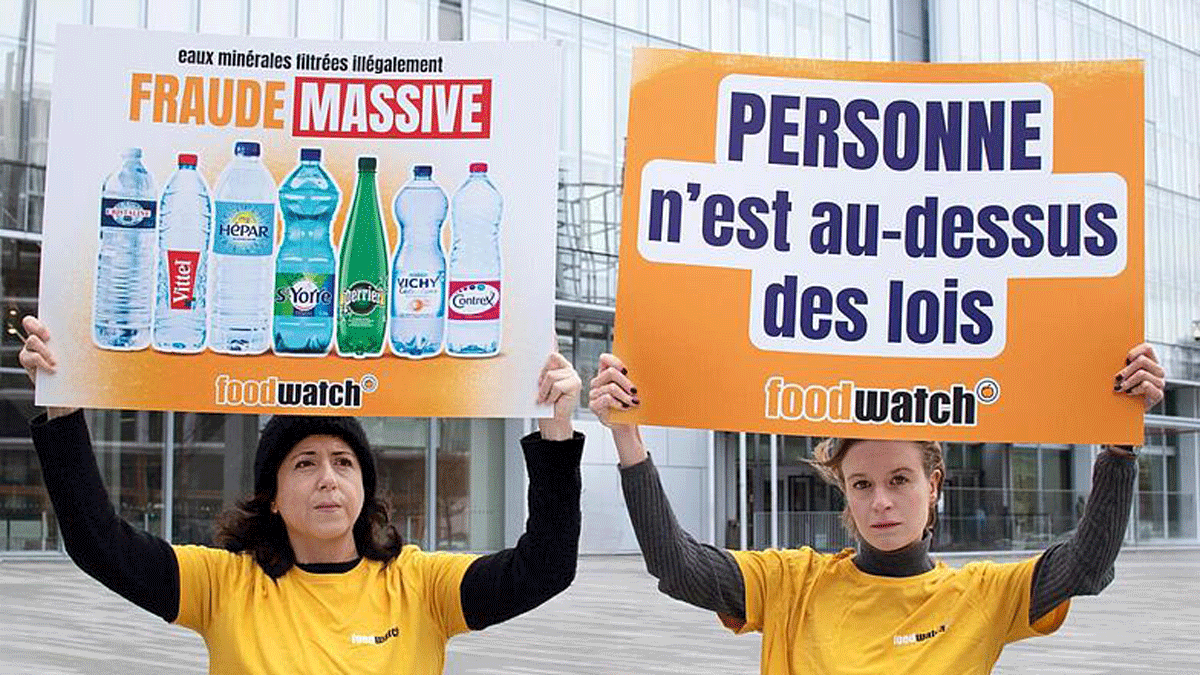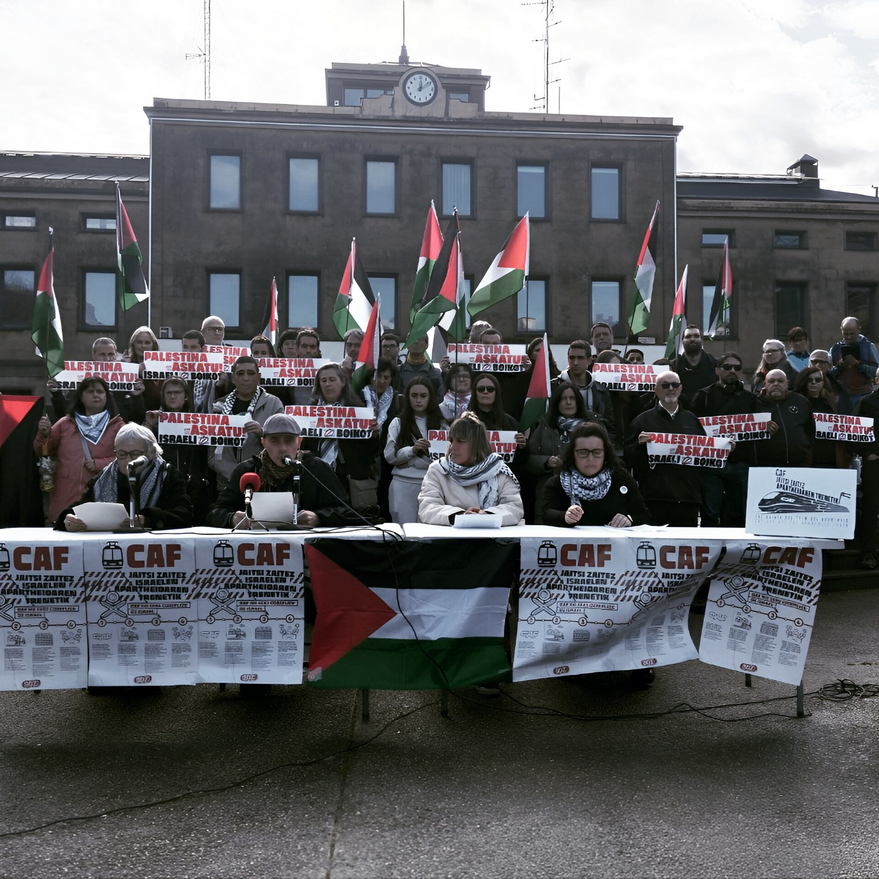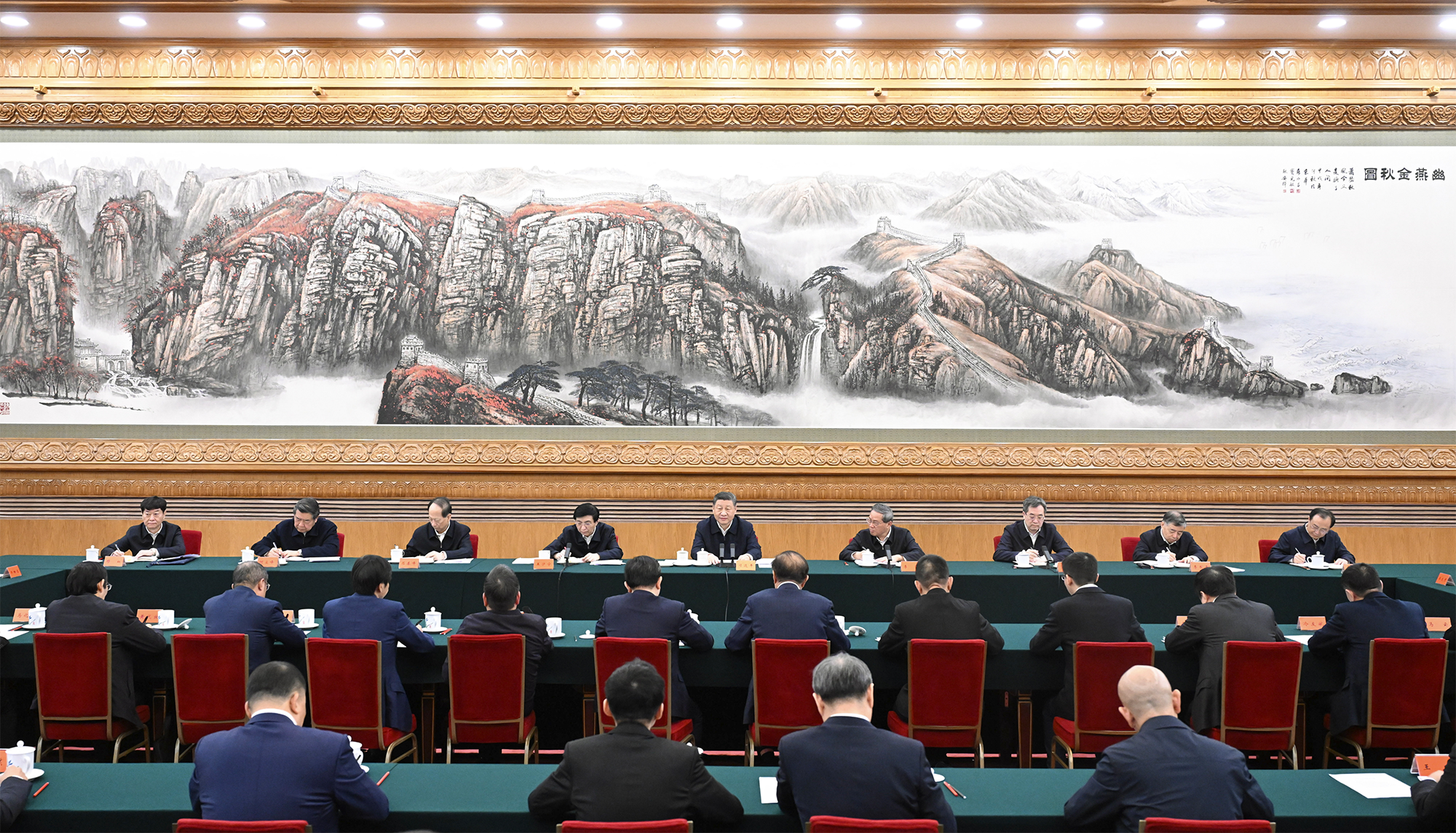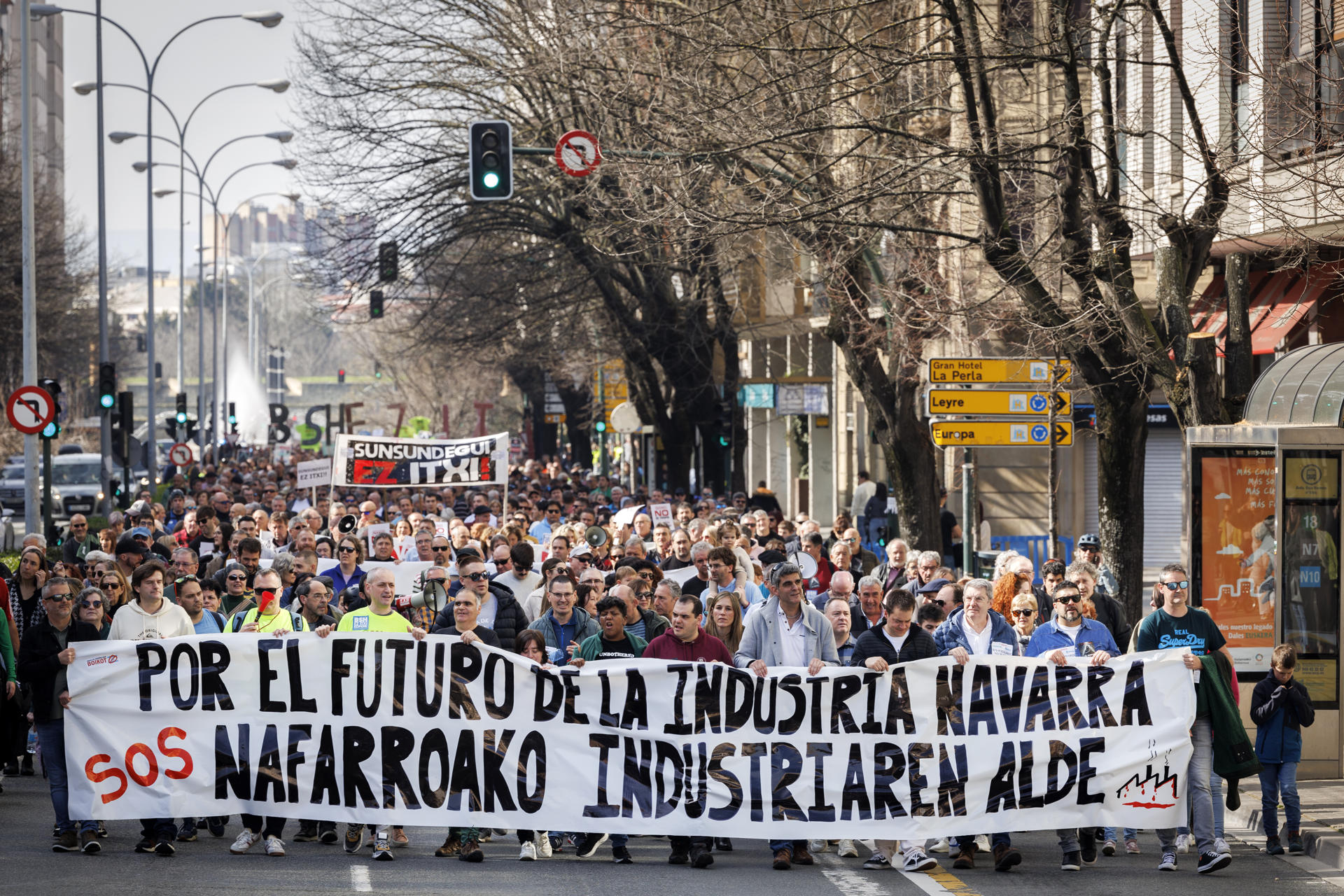Those lawyers who blackmail states with the crisis
- Within the framework of the TTIP negotiations between Europe and the USA, the Transnational Institute and the Corporate Europe Observatory have set out in the Profiting for Crisis dossier how large corporations and law firms have survived the states and citizens.
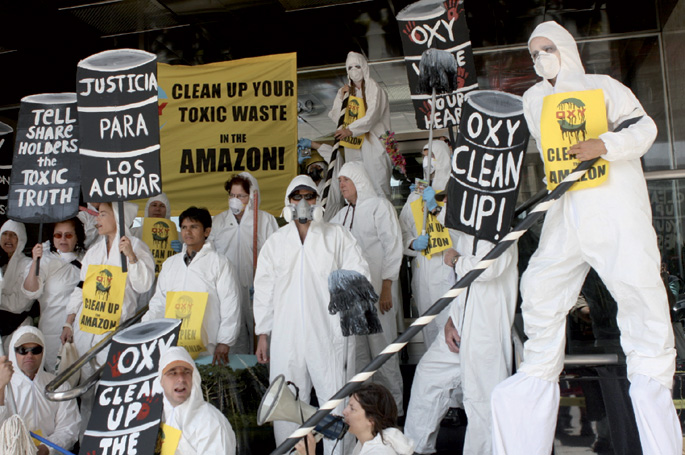
Multinational corporations are able to humiliate anyone in these neoliberal times. The German State too. When, in May 2011, the German Government decided that the last nuclear power plant would be closed by 2022, not the majority of Parliament, let alone the citizens who moved in the street angry at Fukushima, would think that they should pay fines for that decision.
But it took a few days for the Swedish energy company Vattenfall to claim compensation of EUR 3.7 billion for the nuclear power outage. The question is no longer just that the Germans who are to be created in the next 100 or 200 years will have to swallow the remains of the radioactive fuels that have served in recent years to enrich the electricity companies, but that they now have to pay compensation for giving up a form of sovereign energy.
The Vattenfil executives know that they have a great chance of winning the conflict. Previously, the new environmental standards imposed by Germany were called for and were “forgotten” when permission was obtained from a coal-fired power plant.
In the article “Capital courts: how corporations can hold governments to ranson” of the British left-wing journal Red Pepper, John Hilary has just reported this and other cases in the article “Capital courts: how corporations can hold governments to ranson” of the British left-wing journal Red Pepper. Hilary has analyzed more of the same type in his book The Poverty of Capitalism.
This kind of white legal extortion has been reinforcing over the past 30 years. Bilateral Investment Treaty (ABI) is the instrument by which capital dissolves environmental or social policies of the strongest states. Hilary highlighted among the former the one who signed in 1959 Pakistan and Germany and was "the first". Since then, and above all because of its proliferation since the 1990s, it is estimated that it is more than 3,200.
It's known that big companies can move their profits anywhere else, doing business in one place. But also, because of what these ABI bring in their letters chipiras, in case of controversy between multinationals and a state, it is not the courts of that country that resolve the dispute, but other international courts.
“Arbitrary courts,” says Hilary, are nothing more than false courts. The arbitrators do not have any public power, such as those held in the courts of the countries, but they are lawyers specialised in commercial law, appointed ad hoc and made available to companies. The courts meet in secret and the arbitrators have been surprised in so many unfair proceedings, so the courts also recognize that they have lost credibility.”
Control of new laws
In 1997, the Canadian Government banned gasoline from carrying an additional MMT, considering that it was harmful to health. By then, the famous NAFTA treaty regulating trade between Canada, the United States and Mexico was already in force. A complaint from the US Ethyl Company that forced him to pay $13 million for peace, as well as to withdraw from the MMT ban.
In Hilary's accounts, the main victims of these pacts so far have been in America. Argentina had to pay US$ 105 million to the French multinational Vivendi for the reopening of the privatized water service in the region of Tucumán, in Argentina. The referees didn't care that 80 percent of the Tucuans had denounced the company's bad service.
Ecuador has paid the highest compensation so far: US$ 1.7 billion to the multinational Western Petroleum, despite the fact that the referees have acknowledged that it violated the law.
The opposite, that is, that the multinational has to pay, is very rare. Ecuador claimed in Chrevron damages of $19 billion to the Yankee, but in vain the arbitrators cast it back.
Now that Europe and the United States are negotiating their own TTIP to further liberalise trade between them, the Transnational Institute and Corporate Europe Obvatory have launched the Profitting for Crisis brochure. The consequences of the treaties which, before the new TTIP, are already signed by the European states have been explained. As a result of the crisis, major Western corporations are doing what they have so far done to the most vulnerable countries.
In particular, the attacks suffered by Spain, Greece and Cyprus are highlighted in the Proffiting for Crisis. Slovak Greece Postova Banka has persecuted those who were already considered junk bonds after doing business, in search of compensation. The same is true of Cyprus, the investment fund Marfin Investment Group, which was sunk by the nationalisation of Laiki Bank, which was also stopped.
A close example has been found in Spain. A total of 22 investment funds have brought the Government of Madrid to international courts for cuts in renewable energy. "Cuts have also been criticized by economists, but foreign investors are the only ones who have the strength to go to court. If they win, it will be paid by Spanish citizens who are already hit by the crisis.”
It is possible that some countries, after the rescue of their banks, may now have to redeem their foreign speculative investment funds, due to the Bilateral Treaties (PCI).
Prestigious law firms defend corporate claims: Allen & Overy, Herbert Smith Freehills, K&L Gates, Clayde & Co... after the debate, a private court composed of three attorneys.
They have the complicity of the European Commission, it encourages debt restructuring and banking salvation, knowing that the new Bilateral Treaties are promoting the damage that the previous ones have caused.
“Just as in Europe in the United States – they say in Proffiting for Crisis – bank rescue has caused people to get angry, and it is understandable. It is now urgent to inform the public that the bailout of investment funds is being prepared and that the rules of international trade must be changed.”
That is the intention of the alterglobalists. Meanwhile, the authorities of the United States and Europe are preparing the new TTIP so that the corporations and lawyers of the prestigious cabinets can better clog the honors of the citizens.
Inbertitzailerik agertu ezean, Iruñeko Merkataritza arloko lehen epaitegiari egin dio proposamena Molins eta Andres abokatu bulegoak, Altsasuko enpresaren hartzekodunen konkurtsoko administratzaileak. Dumarey Belgikako taldeak fabrika erosteko saiakerak egin... [+]
Horrela adierazi du Mikel Jauregi Industria, Trantsizio Energetiko eta Jasangarritasun sailburuak.
Tamara Yague Confebaskeko presidenteak iragarri du gehiengo sindikalak deitutako martxoaren 20ko bilerara ez dela joango, eta gehitu du gutxieneko soldataz eztabaidatzeko markoa Espainiako Mahaia dela. ELA, LAB, ESK, Steilas, Etxalde eta Hiru sindikatuek EAErako gutxieneko... [+]
Sustatun agertutako salaketa, LaLiga futbol erakunde espainiarraren eta Movistar/Telefonicaren arteko tratuek euskarazko zerbitzuak kaltetzen dituztela Interneten (kasu hartan Egunean Behin jokoan irudiak desagertzea zen kontua), hedatu egin da. Tokikom-eko euskarazko tokiko... [+]
Agintari gutxik aitortzen dute publikoki, disimulurik eta konplexurik gabe, multinazional kutsatzaileen alde daudela. Nahiago izaten dute enpresa horien aurpegi berdea babestu, “planetaren alde” lan egiten ari direla harro azpimarratu, eta kutsadura eta marroiz... [+]
Jakina da lan ikuskariak falta ditugula geurean. Hala ere, azken egunotan datu argigarriak ematea lortu dute: lan ikuskaritzaren arabera, EAEko enpresen %64ak ez du ordutegien kontrolean legedia betetzen. Era berean, lehendakariordeak gaitzetsi du, absentismoaren eta oinarrizko... [+]
Ur kontaminatua ur mineral eta ur natural gisa saltzen aritu dira urte luzeetan Nestlé eta Sources Alma multinazional frantsesak. Legez kanpoko filtrazioak, iturburuko ura txorrotakoarekin nahasi izana... kontsumitzaileen osagarria bigarren mailan jarri eta bere interes... [+]
Larunbatean egindako prentsaurrekoan adierazi dute manifestazioa ekainak 14an Donostian egingo dutela. 130 kolektibo, alderdi politiko eta sindikatu batu zaizkie eta "atxikimendu kanpaina oraindik zabalik dagoela" gogorarazi dute.
Otsailaren 17an Txinako Alderdi Komunistaren arduradun gorenak bildu ziren bertako enpresa pribatu handienen zuzendari nagusiekin. Ez da ohikoa aldi eta areto berberean Huawei, BYD, New Hope, Tencent, SWSC, Yushu, Xiaomi edo DeepSeek bezalako konpainien nagusi gorenak bilduta... [+]
Duela gutxi think tank izateko jaioa omen den Zedarriak bere 6. txostena aurkeztu zuen. Beren web orrialdean azaltzen dutenaren arabera, zedarriak ebidentea ez den bidea topatzeko erreferentziak dira. Hots, hiru probintzietako jendarteari bidea markatzeko ekimena. Agerraldi... [+]











